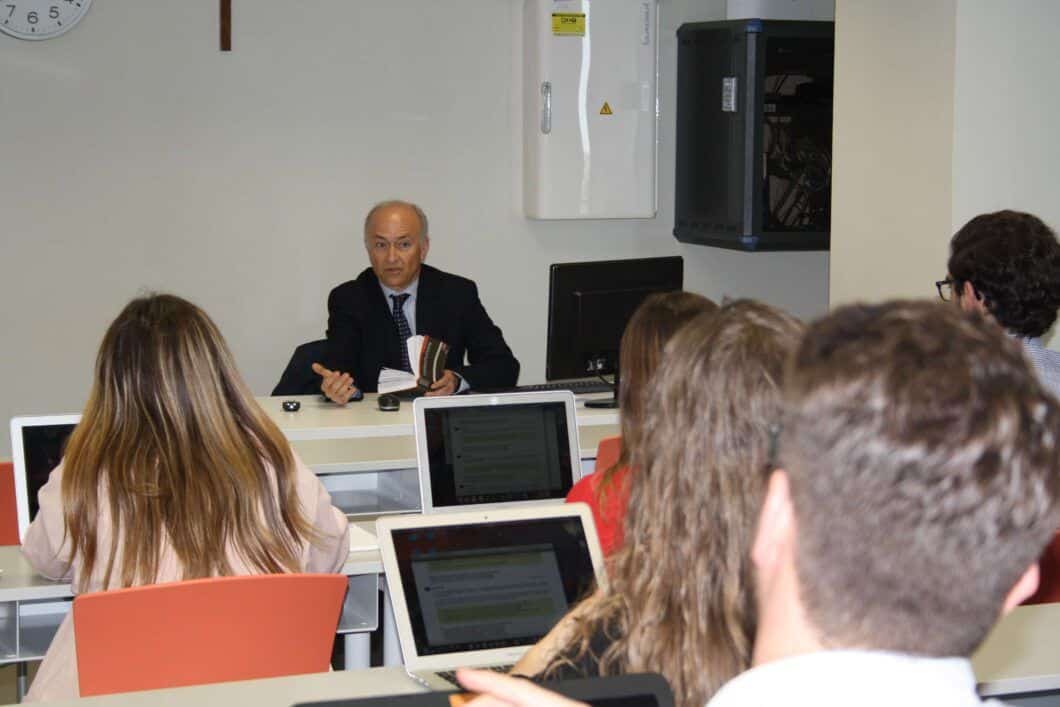
The Master in Legal Practice of CEU UCH is among the best 15 Masters in Spain
16 August, 2022
Learnability, one of the skills most sought in the labour market
22 August, 2022Flexibility, project management and hybrid work. These are three of the 9 actual trends in people management according to a study published by the Spanish Association of People Management and Development (AEDIPE) on (new) work methodologies with the collaboration of over 500 HHRR managers, General Managers and CEOs with decision making capacity in their organizations.
The study offers specific information on the 9 main trends in people management in organizations with information per area and sector and clearly identifies future challenges to be faced by the organization in the medium term.
9 trends in people management
The 9 main trends in people management at present are according to this AEDIPE study:
More flexibility
In such a critical time for businesses, companies have learnt to develop flexibility and reorganization as a response to difficulties. The new reality has involved an increase in flexibility among others by:
- The reduction of rigid schedules in favour of more flexible ones which are going to increase in 40%.
- The implementation of a hybrid model where employees will divide their working hours into on-site and remote. If 100% of in-office work represented 76% before the pandemic it will only be reduced in 36%. Even though, exclusively remote work will only reach 7%.
Partial tele-work, the true protagonist
It was the main solution of companies during the worst times of the pandemic to continue with the activity and what used to be a residual methodology became a general method (over 55% of employees teleworked during such period). At present 38% of employees continue teleworking in one way or another, mainly hybrid.
Digital measurement
Companies look for organization, control and monitoring tools which offer rigour, flexibility and confidence. Therefore digitalization is crucial either in the form of software for the control of working hours through the option of remote work to the implementation of more sophisticated IT Apps which also serve to monitor processes, activities or projects developed by the employee.
Big and small companies: Different strategies and priorities.
There are different approaches on how to face the future. While 63% of medium and large companies identify as priorities team leadership and management or digitalization and focus their medium-term strategy on talent management, PYMES in turn focus on productivity of business models and therefore 53% of them focus on this aspect and will have to reorient their objectives towards the management of the strategy based on teams.
Transformation of work spaces
Work spaces with fixed stations will disappear replaced by spaces without fixed stations, with few offices, many collaborative areas, socialization spaces and environmentally responsible.
Innovation and digitalization, outstanding tasks
Only some more than 2 of every 10 companies have developed to date a strategic plan within the organization with respect to their clear and defined incorporation to the digital world.
Professional Wellbeing: The big winner of the post-covid era
AEDIPE study outlines that COVID-19 has represented a revulsive by considering health as a core element of our lives on which to focus further efforts also within the professional environment where we develop an important part of our daily activities. Therefore, around 6 of every 10 companies have implemented measures to improve the wellbeing of employees. However, the implementation of measures for digital disconnection has not increased in the same extent, both during working and non-working hours. Thus only 15% of companies use tools for their employees to disconnect from digital Apps used in their professional activities.
Management by project
Highly relevant the transformation our companies are undergoing within the scope of internal management. Where before we found classical departments in which tasks were functionally divided, today ever more companies apply an organization by projects.
The challenge of talent retention
Talent and its retention especially in some sectors and given the shortage of professionals with high skills greatly concerns HHRR departments of companies. Also there is an unstoppable change in management; for example, online interviews are going to represent 43% of the total or skills tests a 33% after comparative increases prior to the pandemic of 23% and 20% respectively.
Which talents seek companies in University graduates?
As per talent selection, we Universities ask ourselves what do companies seek in university graduates facing the labour market for the first time.
CEU Employability Council gives us some keys:
- Vocation and training.
- Continued education and specialization.
- Attitude and values.
- Making the most of the university time to live experiences abroad, improving languages and acquiring new skills such as autonomy, adaptation capacity or communication.
- Soft skills are as important as technical knowledge.







